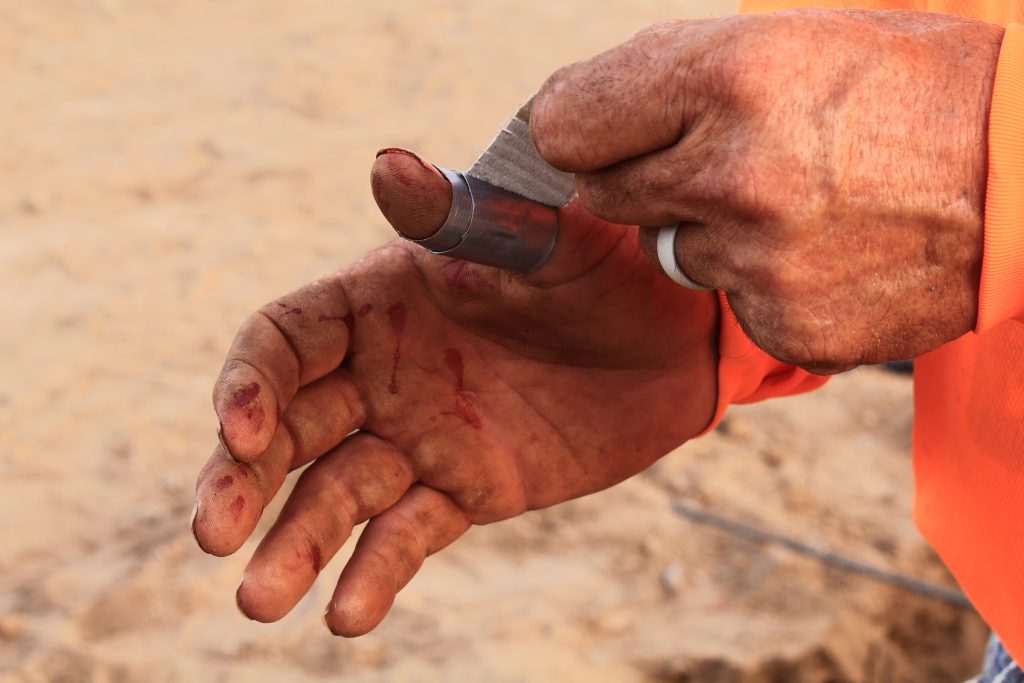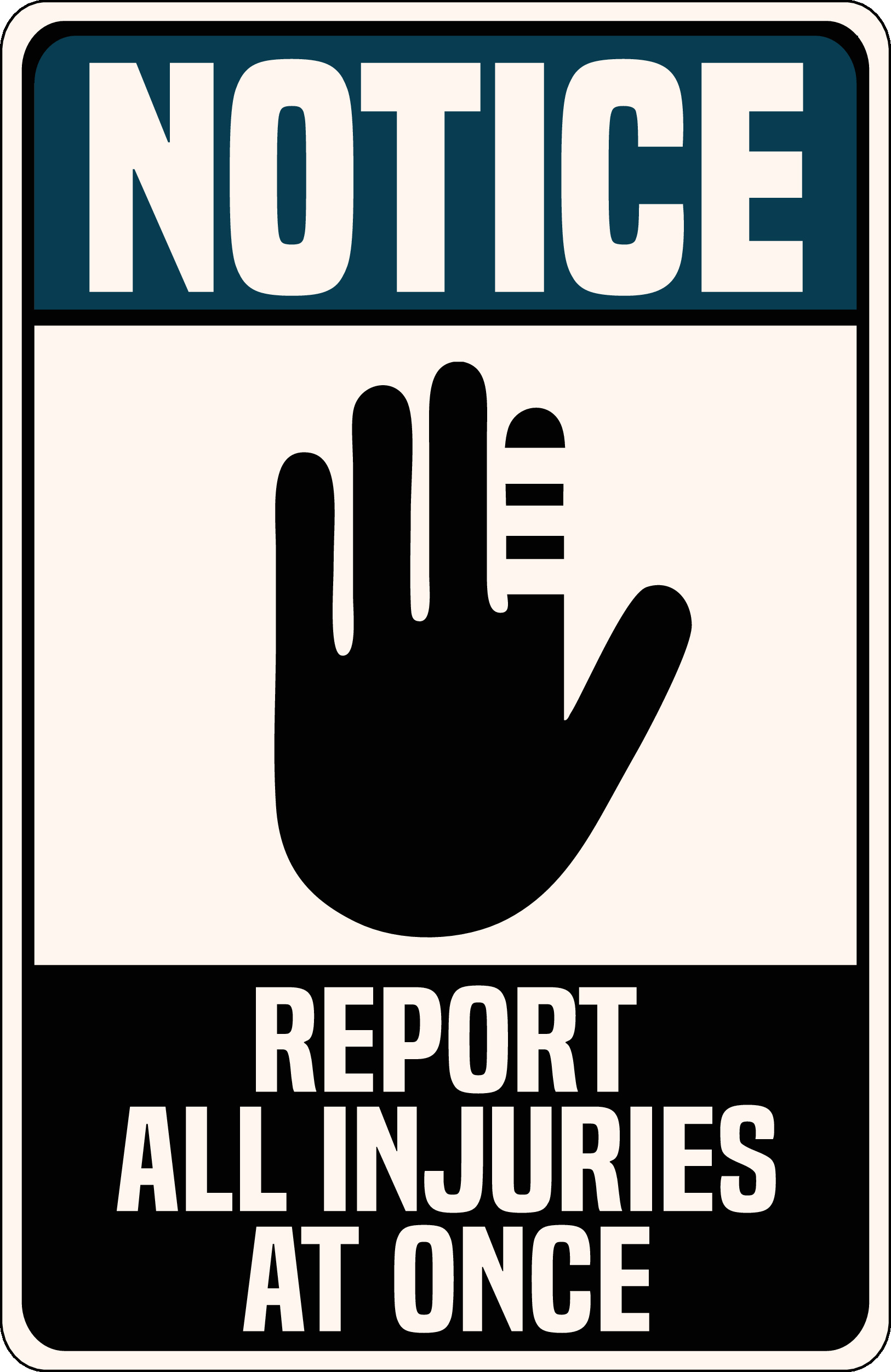Don’t Let Minor Injuries Go Unnoticed In the Workplace

A small nick or bruise may seem like no big deal at the moment.
“Shaking it off and getting back to work” is a common cultural response.
However, small injuries and accidents—regardless of how often they take place in the workplace—can go unnoticed and possibly escalate into bigger problems.
It can evolve into something crippling—legally or physically.
Although there may be no immediate symptoms, it doesn’t necessarily mean there’s no lasting damage.
In this article, we’re going to go over a few important points about minor injuries in the workplace.
Don’t Let Minor Injuries Go Unnoticed in the Workplace

Reporting a minor incident at work may at first seem like a lot of inconvenient paperwork. However,early reporting can save you time, pain and cost, in the long run.
Even if you aren’t experiencing symptoms (yet), you should still report an injury. Regardless of what your injury may look like now, it could take some time for symptoms to develop.
Especially when it comes to back, head, and joint issues, an initial, remember that a minor injury can trigger something deeper and more permanent.
Musculoskeletal Disorder from Minor Injury
MSDs, or musculoskeletal disorders, are common in the workplace—costing employers money and employees sometimes crippling pain.
An MSD can affect the muscles, tendons, joints and nerves of the body. They may cause pain, weakness, swelling stiffness, or numbness and tingling. It may be as small as a minor ache or significant enough to warrant a doctor’s attention; in extreme cases it may cause disability.
What causes an MSD?
The road to an MSD isn’t just a one-way street.
There are multiple ways—even combined factors—that can lead to an MSD, like handling loads, repetitive actions, static postures, poor working environment, and/or a quicker-paced workload.
How can we prevent MSD?
Tackling MSD is easier (and cheaper) than you may think.
All it takes is a few moments of risk assessment and employee integration and awareness.
After evaluating risk and employee feedback, you may have to address a few factors in your workplace: the layout of the work area, the equipment your employees use, the training you provide, and the schedule of rest breaks, etc.
Reporting Minor Injuries at Work
When you’ve acquired an injury during work hours while under-task by your employer, no matter how small or seemingly unremarkable, it’s important for you to address it AND report it.
We generally tend to look for signs upon injury pointing to whether or not it’s “worth” reporting. However, since symptoms can develop later on—and even get worse, it’s best to always report the initial accident.
That report can be required for your insurance policy and can always get you the attention you need before it gets worse.
To Be Blunt: Should I report a minor injury at work?
Yes!
Although we don’t like to think of the legal side of things, an employer can actually deny you medical treatment or benefits if you haven’t initially reported the incident.
Invest in your Employees, Invest in Work-Fit
As a nationwide leader of applying sports medicine techniques in the workplace, Work-Fit believes in inspiring a culture of prevention and holistic care. We offer a full spectrum of services in health and wellness, injury prevention and care, so that your employees can live and work productively.
By integrating our certified healthcare professionals with your team, we can deliver the same level of care afforded a professional athlete, keeping your team members healthy and on the job.
If your business is physically demanding, such as Warehousing, Manufacturing, Trucking, Production, Healthcare, Utilities, Construction, etc. please contact Work-Fit to explore our available services.
Recent Blogs
- Return to Work Support Ensures Seamless Transitions After Injury
- 3 Ways Ergonomics Helps Prevent Workplace Injuries
- How Industrial Athletes can Protect Their Spine Health
- Reduce Employee Health Costs With On-Site Care
- Why Your Company Parking Lot May Be an Overlooked Injury Risk



